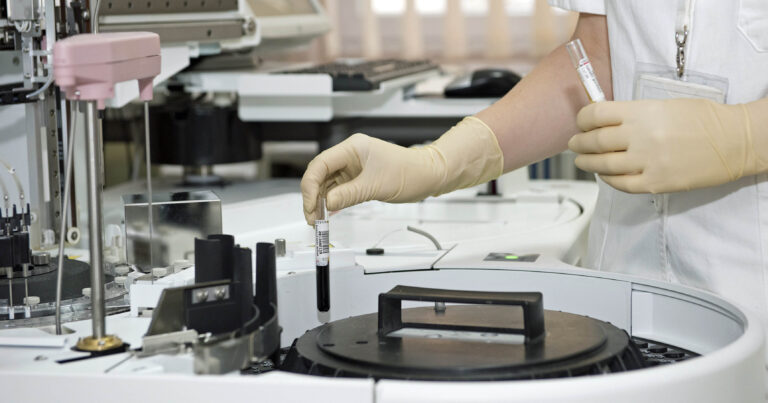Cardiovascular/Cardiothoracic Surgery Physician Assistant Career Guide
Looking for a different career guide?
Overview
If you have a passion for saving lives through surgical interventions and are drawn to the intricate world of the cardiovascular and cardiothoracic system, a career as a Cardiovascular/Cardiothoracic Surgery Physician Assistant (PA) might be your calling. In this guide, we will explore the role of a Cardiovascular/Cardiothoracic Surgery PA, the educational requirements, qualifications, necessary skills, responsibilities and the pros and cons of this specialized healthcare field.
Cardiovascular/Cardiothoracic Surgery PAs are highly specialized healthcare professionals who work closely with cardiac and thoracic surgeons to provide comprehensive care to patients with heart and lung conditions. Their essential job functions include assisting in surgery, diagnosing and managing pre- and post-operative care, performing invasive procedures, interpreting diagnostic tests and ensuring the well-being of patients undergoing cardiac and thoracic surgeries.
Education
To become a Cardiovascular/Cardiothoracic Surgery PA, you must first complete a Bachelor's degree, followed by enrollment in a Master's degree program in Physician Assistant Studies. These programs typically span about two to three years and are offered by accredited universities and medical schools. Admission requirements often include a bachelor's degree, prerequisite coursework in science and healthcare and relevant healthcare experience.
Qualifications

Skills
To become a successful physician assistant in the field of cardiovascular and cardiothoracic surgery, one must possess a diverse set of skills and competencies. These include a strong surgical knowledge base, proficiency in surgical procedures relating to the cardiovascular and thoracic systems, critical thinking skills that enable quick decisions in surgery and critical care situations, and the ability to communicate effectively with patients, families, and the surgical team.
In addition to these skills, diagnostic skills are also essential, specifically the ability to interpret imaging and diagnostic tests. Competence in performing invasive procedures like chest tube placement is also a must. Attention to detail is crucial in surgical and post-operative care, requiring precision and meticulousness.
Finally, seamless collaboration with surgeons, nurses, and other healthcare professionals is essential. The ability to work as part of a team is vital in ensuring successful outcomes for patients. By possessing these skills and competencies, physician assistants in
Responsibilities
Cardiovascular and cardiothoracic surgery PAs play a crucial role in the surgical team. They assist surgeons during surgeries, manage pre- and post-operative care, and ensure that patients receive proper wound care and recover well. These PAs also have the responsibility of ordering and interpreting diagnostic tests such as echocardiograms and chest X-rays. Patient education is another important aspect of their job, as they provide information on surgical procedures and recovery. Collaboration with the surgical team is key to ensuring the best possible outcomes for patients. Additionally, these PAs stay up-to-date with the latest advancements in cardiovascular and cardiothoracic surgery and participate in research to further improve patient care.
Salary Insights
The average salary for a Cardiovascular/Cardiothoracic Surgery Physician Assistant is $2,103.56 per week.
Last updated on March 28, 2025. Based on active jobs on Vivian.com.
Pros & Cons
Being a Cardiovascular/Cardiothoracic Surgery Physician Assistant has its pros and cons. On the positive side, it's a job that offers the unique opportunity to save lives through surgical interventions. This line of work is also in high demand, with a growing need for specialized surgical PAs in cardiovascular and cardiothoracic surgery. Additionally, the job can be very fulfilling, as PAs get to witness the positive impact of surgeries on patients' lives. There are also diverse work settings available, including hospitals, academic medical centers and private practices, which provide a lot of flexibility and variety in the job.
However, there are some downsides to being a Cardiovascular/Cardiothoracic Surgery PA. Dealing with life-and-death situations and complex cases can be emotionally taxing, which is a common challenge for those in the healthcare industry. The workload can also be intense, with long hours spent in the operating room and high-pressure situations. Staying current with evolving
Some of the content on this page was enhanced using artificial intelligence.
Join over 1 million healthcare workers that are getting a head start with Vivian.
Join Vivian





